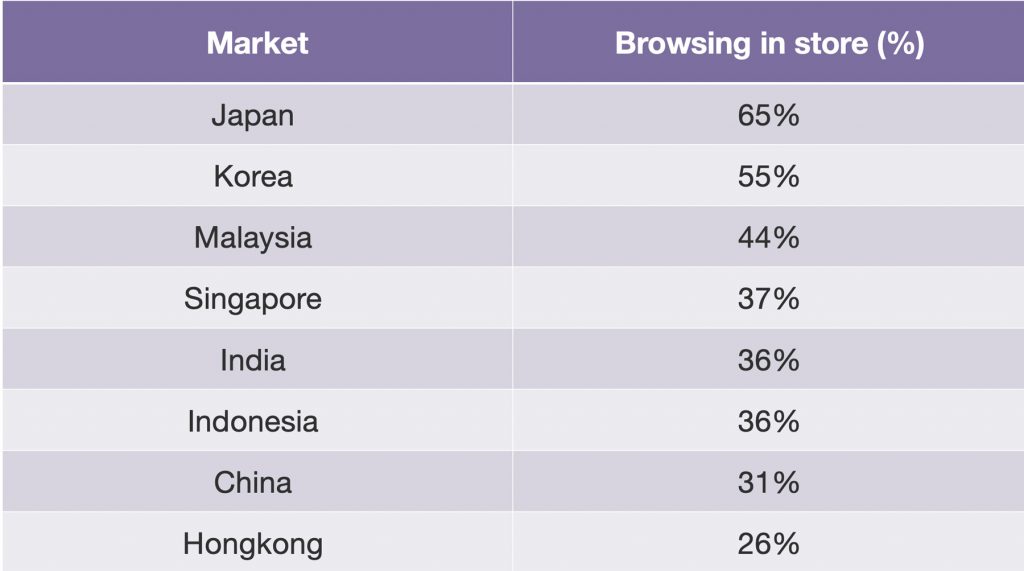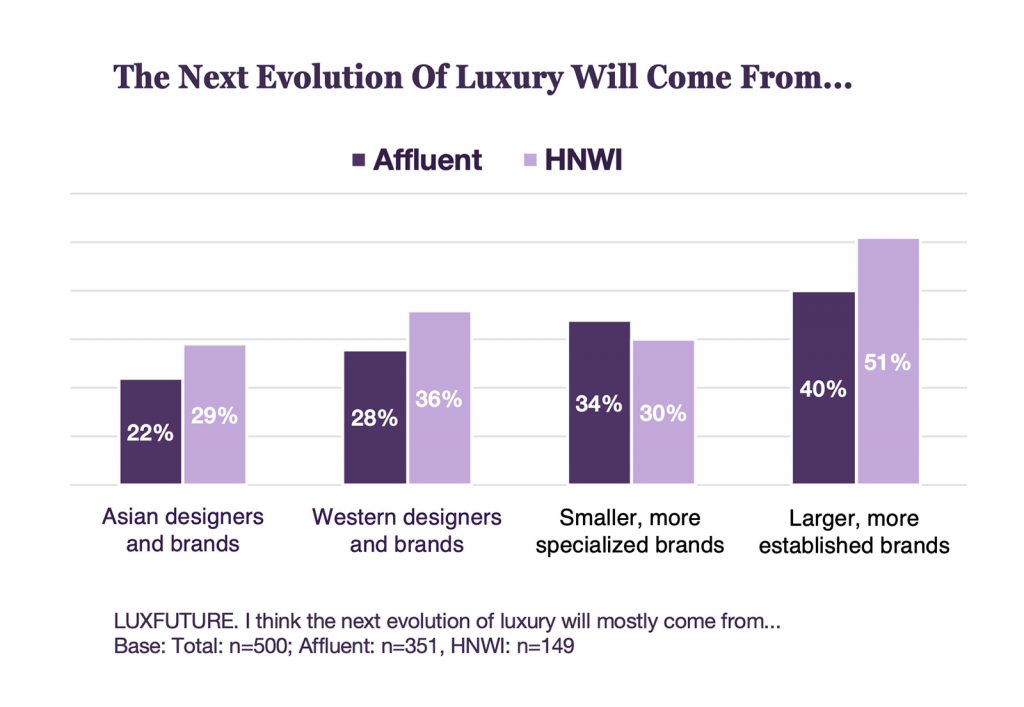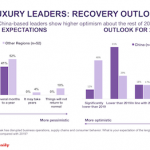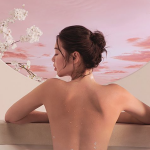The luxury market is not feeling the same COVID-19-related pressure in South Korea as it has in other regions of the globe.
In fact, during the early virus outbreak in January and February 2020, when China was shutting down, the top three local department stores in Seoul had a surplus in sales, as compared to the same period in 2019, according to a new report from Agility Research and Strategy. Lotte sales were up 16.7 percent, Shinsegae rose 16.4 percent and Hyundai saw sales increase by 15.3 percent.
“Though consumer traffic in malls declined in March with the increased number of local infections and social distancing measures became widespread, sales began to quickly rebound in April,” read the report.
“There has been a pent up demand for luxury goods when people were told to remain indoors and people are enjoying going back to the store,” said Amrita Banta, managing director and co- founder of Agility Research & Strategy, Singapore.
South Korea
South Korea is one of the main economies that contributed to the rise in demand for luxury goods in Asia in recent years.
In 2019, the luxury goods market in South Korea was valued at around $13 billion, one of the fastest-growing luxury markets globally, according to Agility’s Trend Lens 2020 Wave 1 report.
The report found that 55 percent of affluent Koreans enjoy browsing in a physical store, behind only the Japanese in which 65 percent of consumers have the highest propensity to visit a physical store to look out for luxury goods, pre-COVID-19.
“This behavior did not change during the outbreak, testament to local shoppers’ resiliency and eagerness to continue to enjoy a normal lifestyle,” the report said.
Airport closures and restrictions on travel to destinations worldwide likely helped boost domestic demand for luxury goods.
High-net-worth consumers, millennials in particular, spent money earmarked for foreign travel on luxury goods at home.
“International luxury brands continue to be popular among the affluent Koreans, who believe that the next evolution of luxury will still be driven by these larger, more established companies,” the report said.
“Luxury spending was up in Jan and Feb 2020 but down in Mar as people were advised to stay home,” Ms. Banta said. “With travel restrictions in place and Chinese not allowed to travel into Korea, travel retail has really suffered badly.
“Sales of luxury brands have increased again in April and May sales for some of the well established brands has been very good,” she said. “Korea has a large domestic market for Luxury goods which we expect to remain resilient during the crisis.”



 Previous Post
Previous Post
